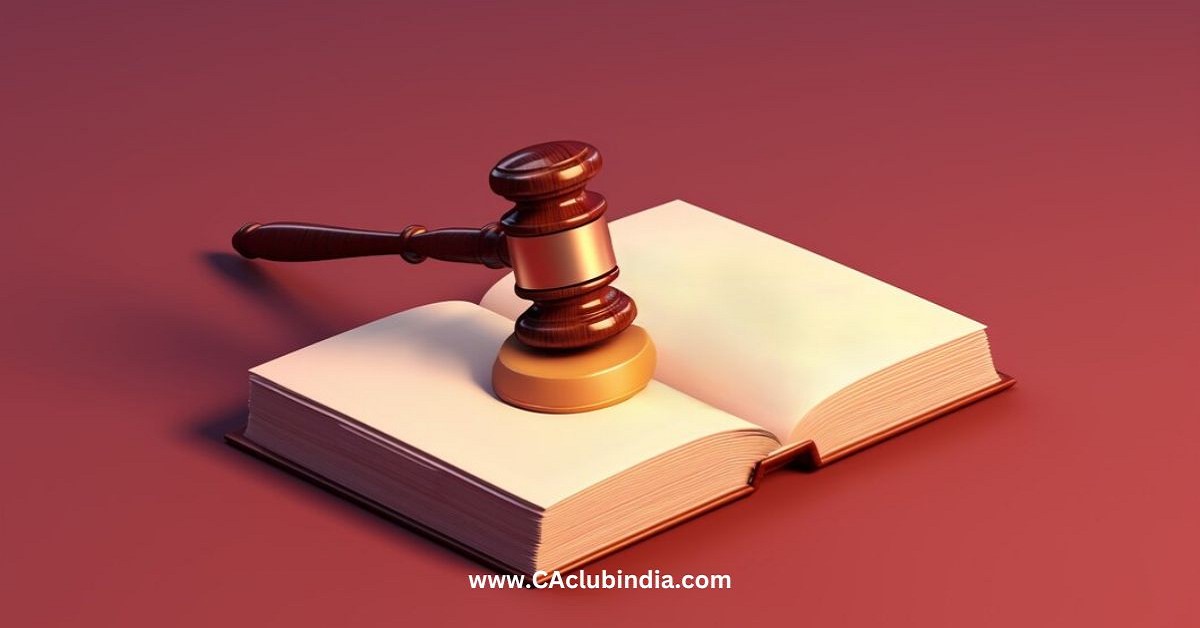A 74-year-old widow faced issues for family pension after her ex-serviceman husband passed away.
Reason
The pension transfer was stopped due to errors in her Aadhaar card.
Mistakes included incorrect spelling of her name ("Pushpam" instead of "Pushbam") and the wrong date of birth (7 June 1952 instead of 25 June 1952).
Despite multiple attempts to correct the mistakes through Aadhaar Seva Kendra and post office centers, she was unable to get these issues resolved.
Then, she filed a petition in the High Court seeking justice.

High Court's Observation and Legal Basis
The High Court examined Section 31 of the Aadhaar Act 2016, which states that if a person's demographic information (name, date of birth, address, etc.) is incorrect, they can apply for correction.
The Court clarified that the phrase "may apply" in the law does not mean optional or discretionary.
Instead, if a person provides valid and authentic documents, the UIDAI is mandatorily required to update these details if the documents provided are correct.
Aadhaar Update as a Fundamental Right
The Court concluded that the right to update or correct Aadhaar details is a fundamental right because Aadhaar is required for various essential government schemes, pensions, and benefits. Refusing of correction when the applicant has valid documents is not just improper-it's unlawful.
Therefore, it is mandatory for UIDAI to make corrections if valid proof is provided.
If UIDAI still refuses to make corrections, citizens can approach the court for legal remedy.
Senior Citizens and Accessibility
The Court also emphasized that senior citizens should not be forced to travel long distances to Aadhaar centers.
The government must ensure that correction facilities are available locally and easily accessible to the elderly or differently-abled individuals.
In Short
The High Court's landmark decision confirms that Aadhaar correction is now a legal obligation for UIDAI once correct documents are submitted.
If UIDAI refuses to correct Aadhaar details, individuals now have the legal right, based on this High Court judgment, to seek intervention through courts and demand updates.








 CAclubindia
CAclubindia
